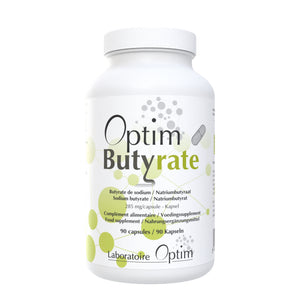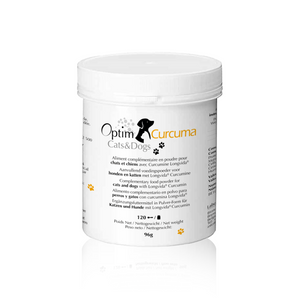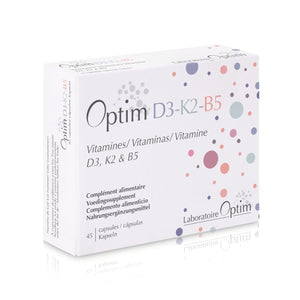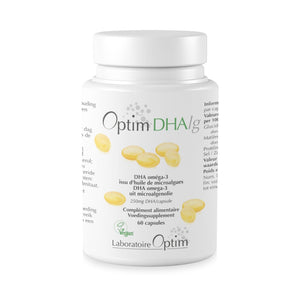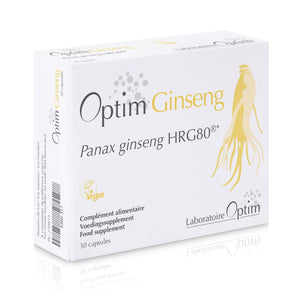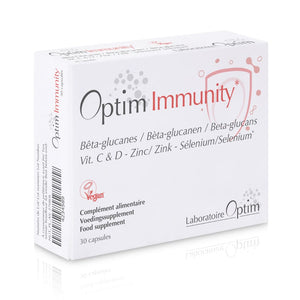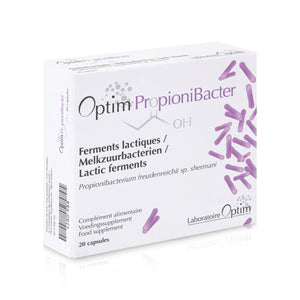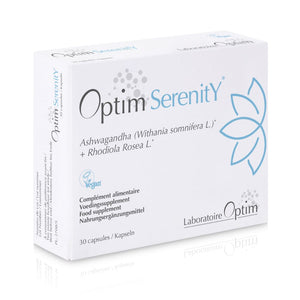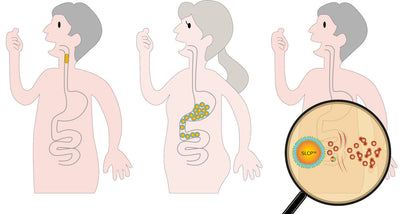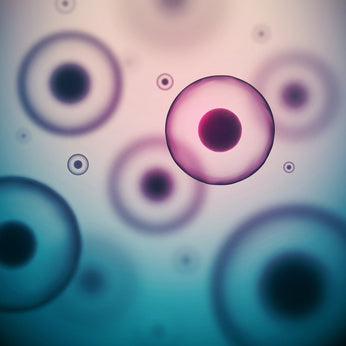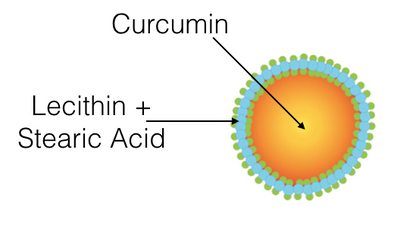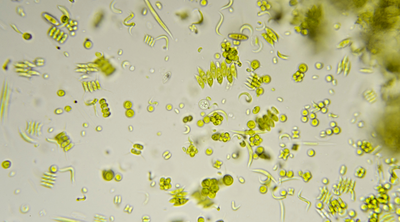Butyrate
Butyric acid from the Greek βουτυρος (butter) is a short-chain fatty acid (SCFA) with four carbon atoms. It is found in animal fats. Butyric acid has an unpleasant smell and a bitter and pungent taste.
Butyrate is the traditional name for the conjugated base of butyric acid. The name is used in the name of esters such as butyrate monoglyceride and butyric acid salts (sodium butyrate).
Butyrate is the main source of energy for epithelial cells (colonocytes).
Where can I find butyrate? What foods contain butyrate?
Butyrate is found in butter and ghee. Butter can contain 3-5% butyrate.
Butyrate is obtained during the fermentation of dietary fibre by the microbiota.
Butyrate: a metabolite of the microbiota
The bacteria that colonize the digestive tract, especially the colon, consume the prebiotics we consume to be able to reproduce. Prebiotics are food substances generally composed of bound sugars (oligosaccharides and polysaccharides). Prebiotics are essential to the intestinal microbiota.
Indeed, these fibres are transformed by the microbiota into short-chain fatty acids (SCFAs). Among them, butyrate plays a crucial role in the gut, as it is one of the preferred sources of carbon in colon epithelial cells.
Properties and importance of butyrate: a Short-Chain Fatty Acid
Fibre is converted by the microbiota into short-chain fatty acids (SCFAs). Among them, butyrate helps maintain intestinal function. It is indeed one of the preferred carbon sources of the epithelial cells of the colon.
Butyrate supports intestinal transit.
